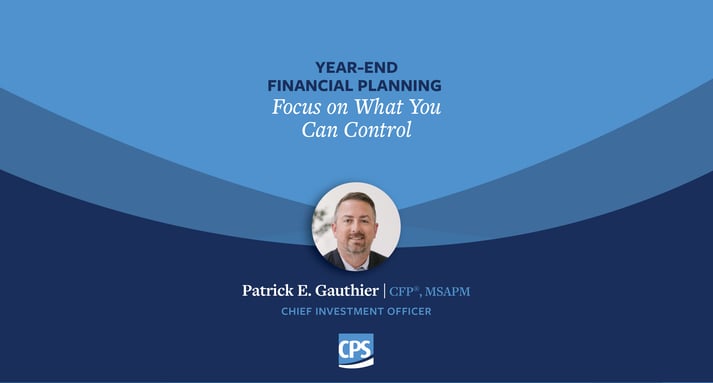The Rollercoaster of Investing | Why Cash Can Be a Trap
If you've ever experienced the thrill of an amusement park rollercoaster, you'll understand the exhilaration of its twists, turns, and those stomach-churning moments. Similarly, our current financial rollercoaster began with 2% inflation, and it's probable that it will conclude there as well. However, during this journey, we'll encounter numerous bumps and sharp turns that might tempt us to disembark prematurely.
The Economic Rollercoaster
Much like an amusement park ride, the economy has its ups and downs. It's almost certain that we'll encounter a recession eventually, but predicting exactly when it will happen is counterproductive for long-term investors. What truly matters is that we have a shorter lead time now compared to the past. It's akin to choosing between tossing a slinky down the stairs for a quick descent or patiently watching it go step by step. Inflation, just like the slinky, cannot be hurried to 2% unless we hit a recession. When recession news surfaces, people often flee to cash. We spend a lot of time thinking about the short-term gains of holding cash, and this mindset has transformed long-term investors into overnight investors. However, when the surprise downturn hits, our cash buckets will start "earning" less than the promised 5%, almost overnight, catching many off guard.
The Resilience of Economic Growth
Despite the twists and turns, economic growth has proven resilient. Past recession predictions have often been proven wrong. Strong job creation numbers have reduced worker anxiety about quitting, and the American consumer continues to spend even when their savings dwindle. Credit card loans have surged, and personal savings have dropped, suggesting consumers are striving to maintain their spending habits. While lower and middle-income households face ongoing student loan challenges, a substantial shock is still needed to trigger a recession, and such a shock has yet to emerge.
Solid Earnings and a Tight Labor Market
Earnings season has displayed a robust 9% year-over-year growth, even in the face of a tight labor market. Strikes, often seen as a harbinger of economic trouble, remain low compared to previous recessionary periods. In the late '60s to early '70s, there were over 200 strikes per year on average, while this year has seen only about 20 relevant strikes. Moreover, only 6% of the private industry is unionized, a percentage that has remained relatively stable.
The Long-Term Investor's Advantage
In turbulent times, it's natural to want the market to settle down before diving in, but history shows that markets have a knack for settling up. When we look back, we see that returns in cash have consistently been outperformed by returns in the market.
Like a rollercoaster ride, the world of investing can be exhilarating and nerve-wracking. The temptation to jump off the financial thrill ride and hold cash can be strong, especially during uncertain times. However, this short-term approach can often hinder long-term wealth accumulation. Staying invested for the long term, despite the twists and turns along the way, has historically proven to be a more rewarding strategy. Just as rollercoasters return to their starting point, the economy tends to find its balance, rewarding patient investors who remain on the ride. So, resist the urge to become an overnight investor enticed by cash, and instead, enjoy the journey of long-term investing, where the returns have consistently outshone the allure of cash.







